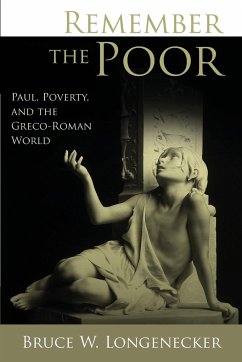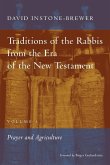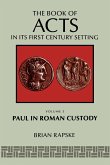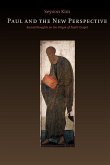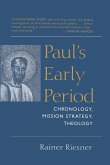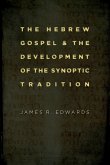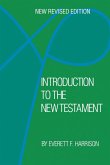Combining historical, exegetical, and theological interests, Bruce Longenecker here dispels the widespread notion that Paul had little or no concern for the poor. Longnecker's analysis of Greco-Roman poverty provides the backdrop for a compelling presentation of the importance of care for the poor within Paul's theology and the Jesus-groups he had established. Along the way, Longenecker calls into question a variety of interpretive paradigms -- such as Steven J. Friesen's 2004 poverty scale -- and offers a fresh vision in which Paul's theological resources are shown to be both historically significant and theologically challenging.
Hinweis: Dieser Artikel kann nur an eine deutsche Lieferadresse ausgeliefert werden.
Hinweis: Dieser Artikel kann nur an eine deutsche Lieferadresse ausgeliefert werden.

